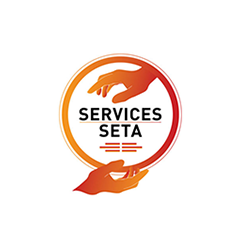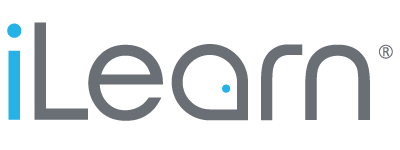ACCREDITED SKILLS PROGRAMME
Business & Report Writing Skills NQF4

Introduction
Overview
Duration
Delivery Method
Who Should Attend
Prerequisites
Unit Standards
| Accredited Skills Programmes |
Computer Programming Principles and Fundamentals
Computer Systems and the Use of Computer Technology in Business
Computer Technology Principles
Computer Technology Principles and Support
Configure, Operate and Administer Server Computer and Peripherals
Data Communication and Networking Support
Design a LAN for Developmental Office and Enterprise Development
Network, Concepts, Architecture and Standards
Work Effectively as a Team Member within a Developmental Project Environment
